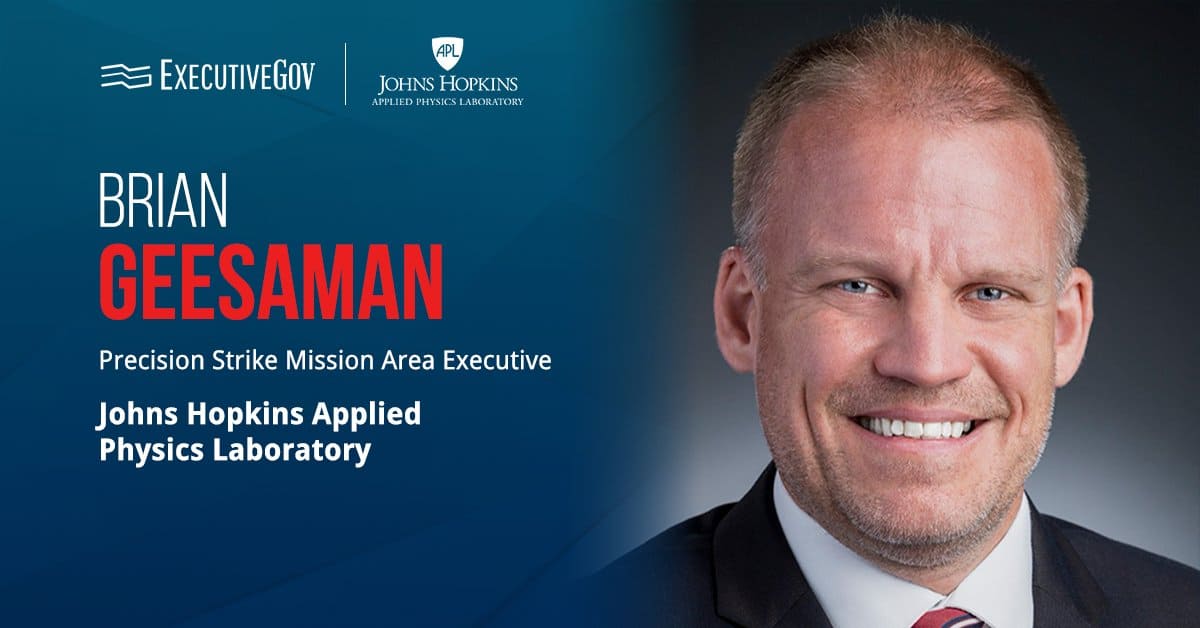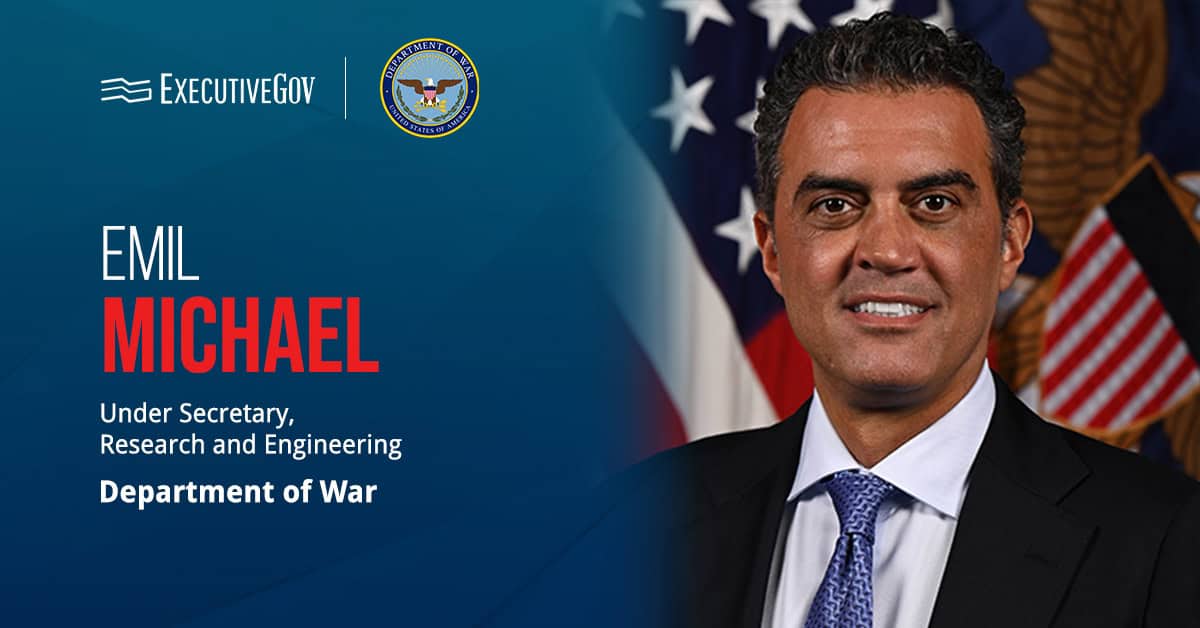Mike Pompeo, secretary of the Department of State, has approved plans to establish a bureau aimed at ensuring the security of U.S. emerging technologies and cyberspace capabilities.
The State Department said Thursday the Bureau of Cyberspace Security and Emerging Technologies will spearhead U.S. efforts to foster international partnerships and drive the discussion on technology and cyber policy issues while mitigating cyber conflict.
CSET’s establishment will also help the State Department engage “as effectively as possible” on national security concerns, the department noted.
According to the State Department, the allocation of resources for U.S. security diplomacy in cyberspace and emerging technologies is critical amid increasing challenges brought by adversaries such as China, Iran, North Korea and Russia.
The State Department notified Congress of plans to create CSET in 2019.





